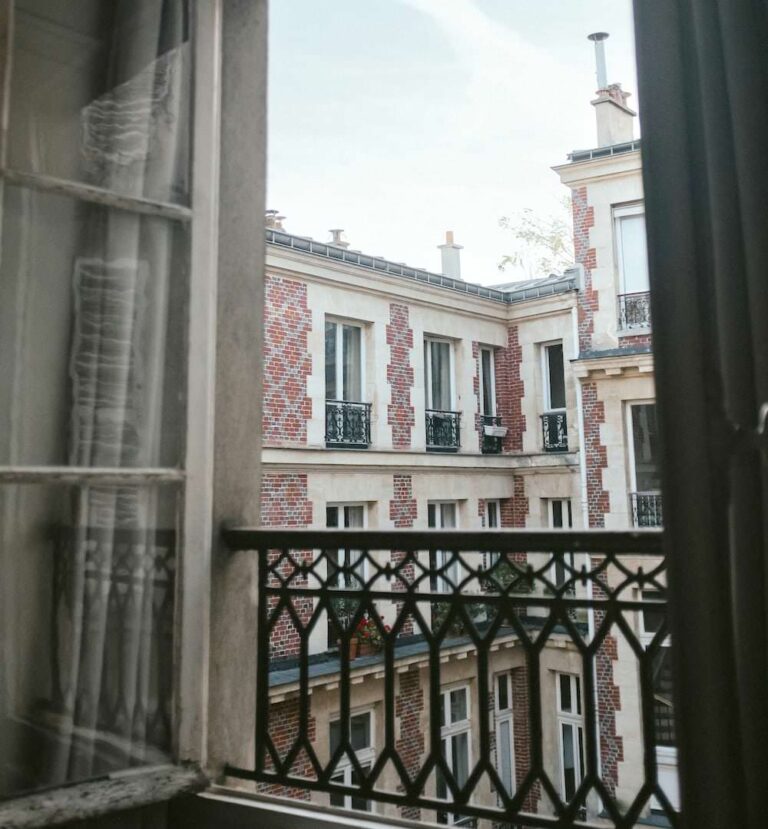verb: râler
Meaning
The primary meaning of the French verb “râler” is “to grumble” or “to complain.” It is used to express dissatisfaction, annoyance, or frustration, often in a vocal or audible manner. However, “râler” can take on several additional meanings depending on the context:
- To groan: This meaning of “râler” is used when someone makes a low, mournful sound, often indicating pain or discomfort.
- To whine or moan: In informal language, “râler” can describe someone complaining in a persistent or annoying way.
- To wheeze or snore: “Râler” can describe the sound of someone who is breathing heavily or snoring during sleep. “Ronfler” is the more common verb “to snore,” however.
Conjugation
“Râler” belongs to the group of regular “-er” verbs, and its conjugation follows the standard pattern for this category. Below, you will find the present tense indicative mood conjugation:
- Je râle (I grumble)
- Tu râles (You grumble)
- Il/elle râle (He/she grumbles)
- Nous râlons (We grumble)
- Vous râlez (You grumble)
- Ils/elles râlent (They grumble)
Etymology
The origin of “râler” can be traced to the Latin word “ragulare,” which means “to roar” or “to grumble.” Over time, this word evolved into Old French as “raler,” with a similar meaning. It retained its core sense of expressing discontent or making a rumbling, complaining sound.
Expressions
- Râler pour rien: This expression means “to complain for no reason” and is used to describe someone who constantly grumbles about trivial matters.
- Râler dans sa barbe: Translated as “to grumble in one’s beard,” this phrase is used when someone mutters complaints or dissatisfaction under their breath, typically out of shyness or fear of confrontation.
- Râler comme un putois: This expression, which translates to “to grumble like a polecat,” is used to describe someone who complains excessively, loudly, or obnoxiously.
Nouns
“Le râleur” and “la râleuse” are nouns that correspond to the verb “râler.” They refer to individuals who are habitual moaners, grumblers or complainers. “Le râleur” is used for a male and “la râleuse” for a female.






